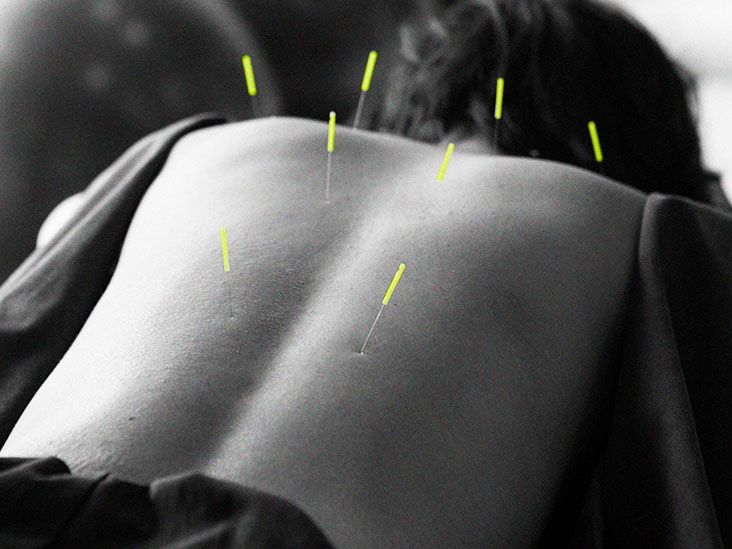A recent study conducted in China explored the impact of acupuncture on sleep quality in individuals living with Parkinson’s disease. The researchers divided participants into two groups: one receiving real acupuncture and the other receiving sham acupuncture. The real acupuncture group experienced significant improvements in sleep quality, as well as in their overall quality of life compared to the sham group. Parkinson’s disease is a progressive nervous system disorder that affects movement and cognitive functions with no known cure. While medications and therapies can help manage symptoms, poor sleep is a common issue that can worsen symptoms and quality of life.
As per the National Institutes of Health, approximately 500,000 individuals in the United States have Parkinson’s disease, with the number potentially being higher due to undiagnosed cases. Early symptoms include tremors, muscle stiffness, and coordination issues, with sleep problems, depression, and swallowing difficulties developing over time. Medical treatments and therapies can alleviate symptoms but may also contribute to poor sleep quality. As poor sleep can worsen symptoms, the need for effective sleep solutions is crucial. Acupuncture, a traditional Chinese therapy involving needles inserted in pressure points, has shown positive effects on sleep quality when used alongside Parkinson’s medications.
The study included 78 participants aged 30 to 80 with moderate to severe sleep issues. Both real acupuncture and sham acupuncture were administered three times a week for four weeks, with follow-ups at 4 and 8 weeks. Results showed significant improvements in sleep quality for the real acupuncture group at both intervals, emphasizing lasting clinical benefits. Participants also experienced a reduction in motor and non-motor skills severity, enhancing their overall quality of life. With no reported adverse side effects, the study concluded that acupuncture is a safe and effective adjunct therapy for Parkinson’s patients.
Acupuncture specialist Lijana Shestopal, not involved in the study, praised the findings as groundbreaking, emphasizing acupuncture’s safety and lack of interference with medications. Shestopal highlighted the importance of continued treatment for optimal results, noting acupuncture’s gradual effects without side effects. Neurosurgeon Raveesh Sunkara, also not part of the study, expressed optimism about acupuncture for Parkinson’s sleep issues but stressed the need for further research and greater access to acupuncture services. Sunkara recognized potential challenges like finding experienced acupuncturists and coverage limitations, emphasizing that acupuncture should complement existing Parkinson’s treatments and not replace medications.
In conclusion, the study sheds light on the benefits of acupuncture in improving sleep quality and overall quality of life for individuals with Parkinson’s disease. The findings offer hope for those struggling with sleep issues, highlighting acupuncture as a safe and effective alternative therapy. While further research and accessibility challenges exist, the potential of acupuncture to enhance patient well-being is promising. Individuals living with Parkinson’s disease can consider acupuncture as a complementary therapy to enhance their overall quality of life alongside traditional treatments.











